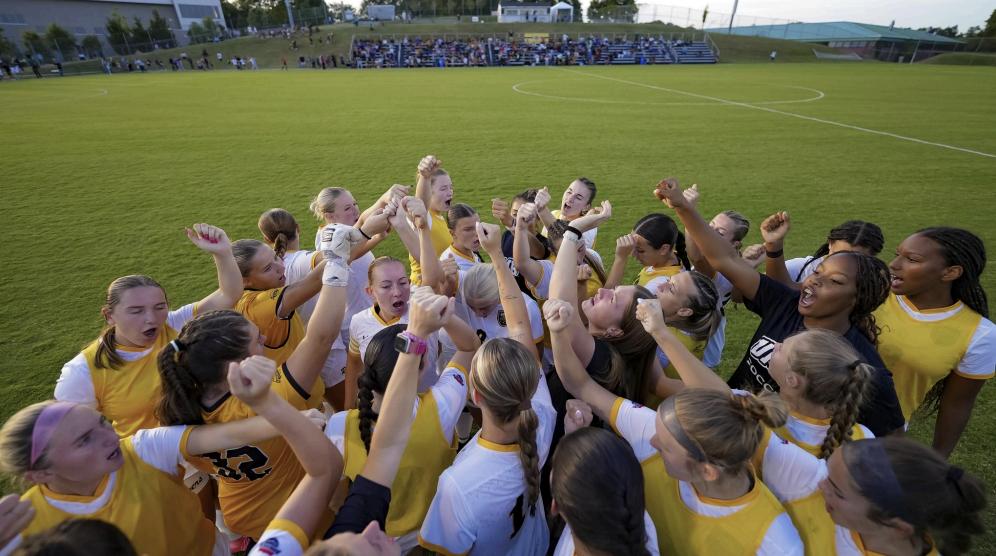As the coronavirus pandemic continues, there is a growing concern for mental wellness along with physical wellness. The pandemic has caused uncertainty for both the faculty and the students at the University of Maryland, Baltimore County, which can lead to stress and anxiety.
Joshua Bush, a freshman computer science major, found the potential threat of the virus to be particularly stressful and grew more anxious as he learned more about the disease.
“I try not to spend my life living in constant fear, though I do have a healthy respect for dangerous things such as a new virus that is spreading at an increasingly rapid rate,” Bush said. “Each of my lectures has about 150 students sitting shoulder to shoulder in a single room for over an hour. Though it was unlikely that anyone at UMBC had coronavirus, if somebody did, that could have been a disaster.”
Like the majority of freshmen at UMBC, Bush has on-campus housing and was required to leave while the campus functions remotely. Bush went to his rural home where he was considerably more isolated than in a residence hall.
“For this reason, the decision to switch to online education from home provided me a lot of peace of mind,” Bush said. “I feel safer at my home during this pandemic, which allows me to concentrate more on my schoolwork. As an added bonus, I have gotten to reconnect with my family and spend some time with my two cats which also contributes to my well-being.”
The way that UMBC has handled the coronavirus pandemic has served as a comfort to Bush’s mental health, not only for the decision to enact distance-learning but also through consistent email updates from the administration which granted “time to mentally prepare for the transition.”
Not every student will have the same positive experience as Bush when dealing with a sudden change of setting, however. With professors having to quickly adapt their courses to work online and student organizations canceling their events, it is no surprise that the current situation can easily induce stress. The Centers for Disease Control and Prevention state that fear surrounding the coronavirus can lead to a rise in anxiety, especially during self-isolation and social distancing.
“This can feel be hard to do for a range of reasons including but not limited to prior mental health concerns as well as decrease in contact with one’s community (e.g., religious services, volunteer organizations, friends, family, etc.),” stated Dr. Alayna Berkowitz via email. Berkowitz is a licensed therapist and the Assistant Director of Outreach and Mental Health Promotion for UMBC’s Counseling Center.
During a typical semester, the Counseling Center offers a variety of services to students and faculty, including individual, group or couples counseling as well as workshops that teach skills like how to de-stress. The Counseling Center stopped holding in-person meetings on Mar. 19 and will likely not for the rest of the semester, however; they are trying to remain as accessible as possible.
“We are in the process of creating material for students,” Berkowitz said. “We are in the process of targeting student populations so that we can implement online outreach programming likely through Webex.”
Utilizing programs like Webex would allow the Counseling Center staff to interact with groups of students through video conferences. Students are also encouraged by the Counseling Center to call them directly to talk to one of their clinicians during business hours.
Berkowitz also advises students to use the online resources that are already available on the Counseling Center website, such as WellTrack, an app that focuses on anxiety/stress, depression and public speaking, and Koginito, an interactive program that teaches “how to respond to students in distress, LGBTQ students and veteran students.”

